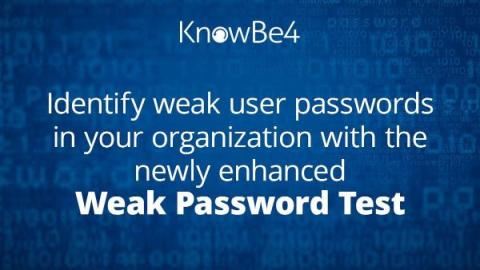Vendor Email Compromise Attacks Against Financial Services Surge 137% Last Year
Analysis of 2023 attacks shows how the financial services industry had a very bad year, with increases in both vendor email compromise (VEC) and business email compromise (BEC) attacks, targeting millions of dollars using very specific methods. There’s no industry that has more money than the one dealing in it. So, it shouldn’t come as a surprise that attacks on the financial services industry continue at an increasing rate.



